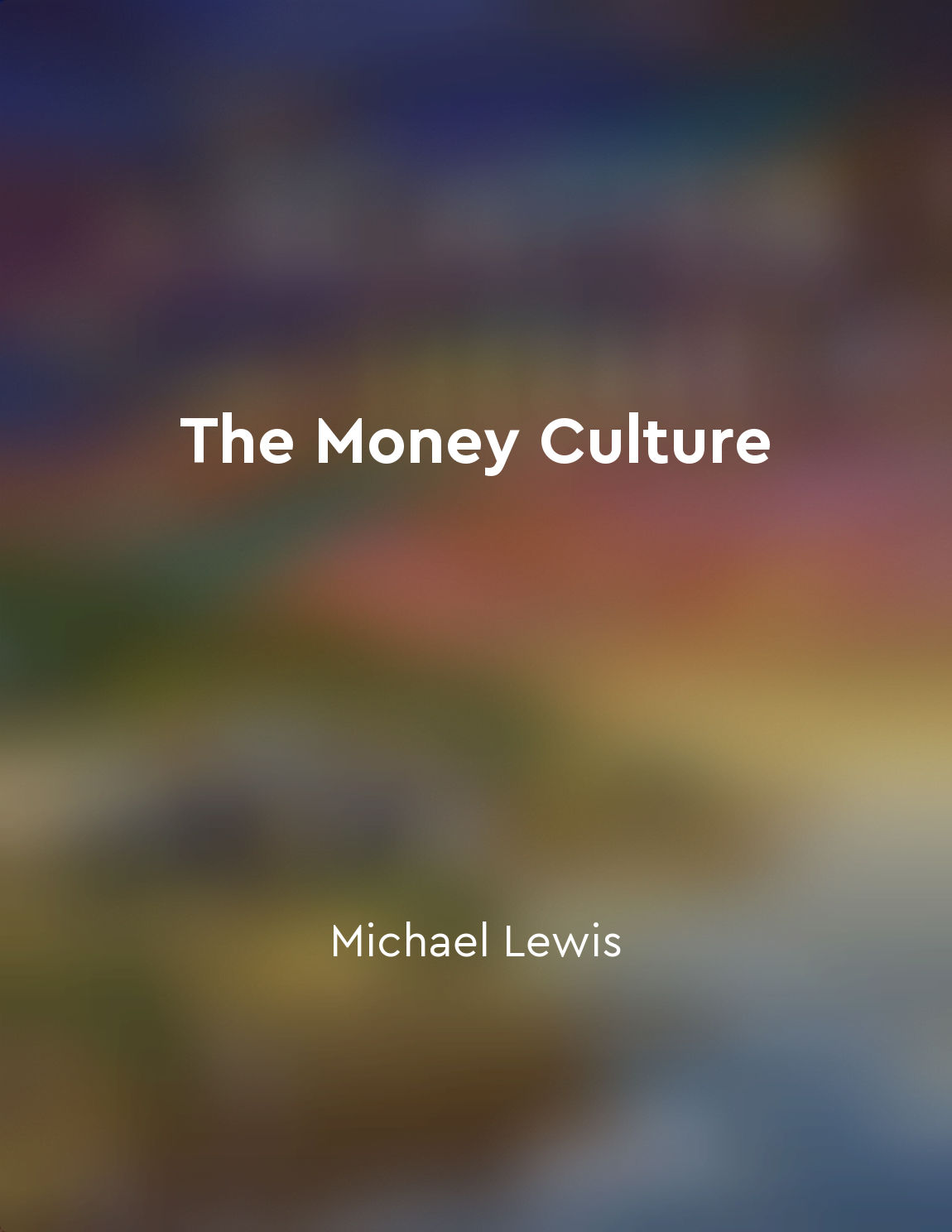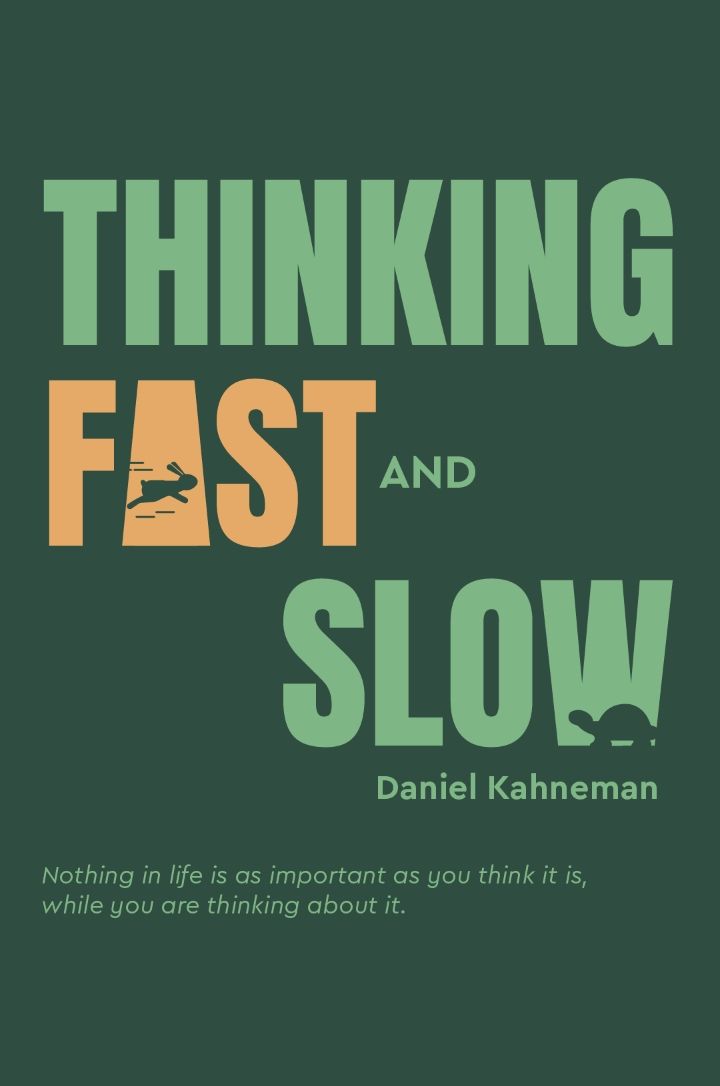Framing can distort perception of risk from "summary" of Your Money and Your Brain by Jason Zweig
When you consider the risks involved in an investment, how you frame them can greatly influence your perception of those risks. Framing is a powerful psychological force that can shape how we interpret information and make decisions. For example, if you are presented with the potential gains of an investment first, you may be more likely to take on higher risks because the positive framing of the gains may overshadow the negative framing of the risks. On the other hand, if you are presented with the risks first, you may be more cautious and risk-averse in your decision-making. Framing can also distort our perception of risk by making certain risks seem more or less significant than they actually are. For instance, if an investment is framed as having a 90% chance of success, you may focus on the high probability of success and overlook the 10% chance of failure. This can lead you to underestimate the true risk involved in the investment. Conversely, if an investment is framed as having a 10% chance of failure, you may focus on the low probability of success and overlook the 90% chance of success. This can lead you to overestimate the true risk involved. Moreover, framing can influence how we react to losses and gains. Research has shown that people tend to be more risk-averse when faced with potential losses, and more risk-seeking when faced with potential gains. This bias, known as loss aversion, can cause us to make irrational decisions based on our emotional responses to losses and gains. By framing risks in terms of potential losses or gains, we can manipulate how people perceive those risks and influence their decision-making.- Framing plays a crucial role in shaping our perception of risk. By understanding how framing can distort our perception of risks, we can become more aware of the biases that influence our decision-making. It is important to consider how risks are framed when evaluating investments and to try to look at them objectively, taking into account both the potential gains and losses involved.
Similar Posts

Money culture perpetuates inequality
The money culture is a world in which money is the ultimate measure of success and status. In this culture, individuals are jud...
Money is a powerful tool that shapes our lives and society
Money plays a central role in our lives, shaping our decisions and defining our relationships. It is a tool that enables us to ...
Avoid comparing your investment returns to others and focus on your own financial progress
It can be tempting to constantly compare your investment returns to those of others. The financial world is filled with headlin...
Utilizing reciprocity fosters goodwill
Utilizing reciprocity is a powerful tool in manipulating people to your advantage. By giving something to someone, you create a...

Priming affects subsequent thoughts and actions
Priming is a phenomenon in which exposure to one stimulus influences a response to a subsequent stimulus. It is a subtle and of...
Limits in decisionmaking can lead to more satisfaction
Limits in decision-making can actually lead to more satisfaction. This may seem counterintuitive at first; many people believe ...

Efficiency is a key goal of legal rules
Efficiency is a key goal of legal rules. Legal rules are intended to promote efficiency in the allocation of resources, both by...

Intuitions can be valuable but also biased
Intuitions are judgments that come to mind quickly and without much effort. They are often based on personal experiences and fe...
Be adaptable in changing economic environments
In today's dynamic world, where economic conditions are constantly in flux, it is crucial for investors to be able to adapt to ...
Fiduciary responsibility requires acting in the best interest of clients
Fiduciary responsibility is a critical aspect of institutional investment management. It entails the duty to act in the best in...

